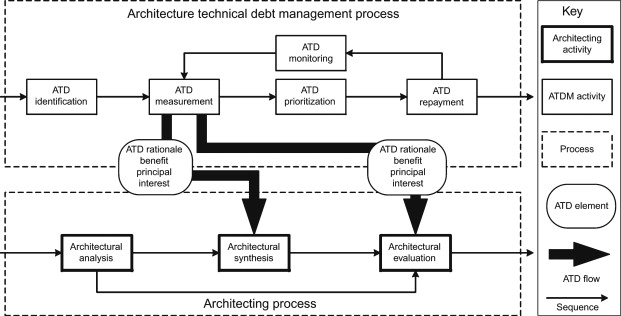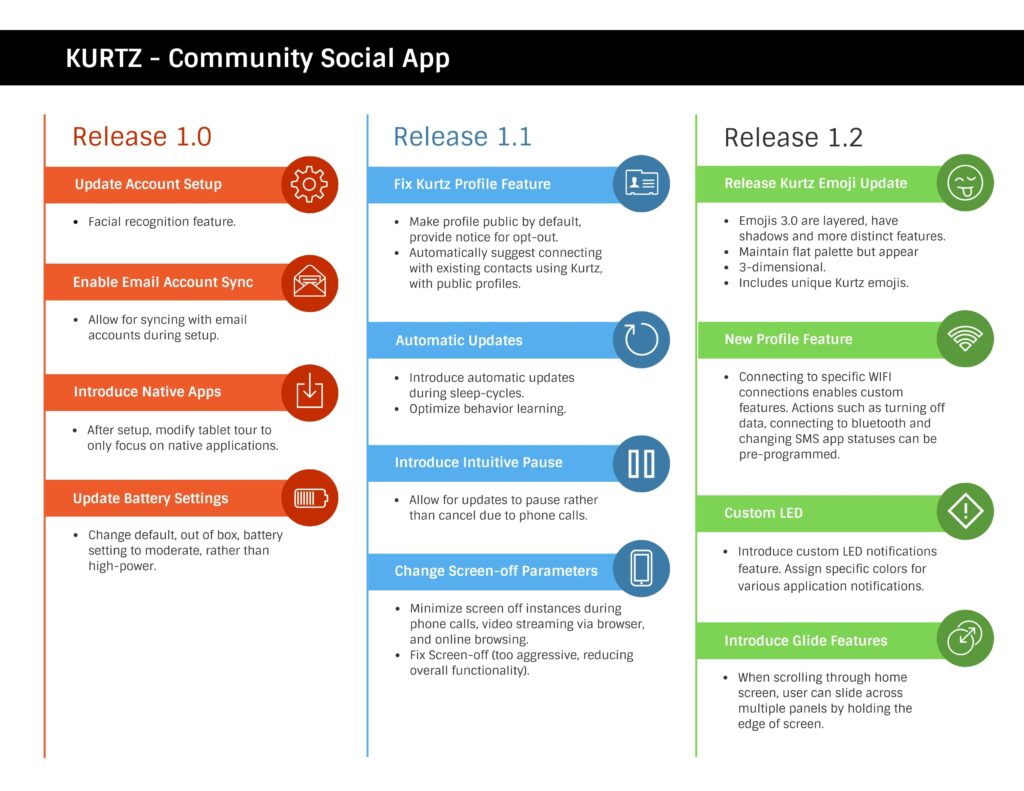Within the realm of software development, the success of coding projects is a critical aspect.
But how do we measure and mitigate the quality of the source code before bringing it to production?
The answer is simple: code reviews.
In this article, we examine the significance of code reviews and outline the best practices you must follow to conduct them.
To learn more via video, watch below. Otherwise, skip ahead.
The Benefits of Code Reviews
1. Establishes Consistent Design and Implementation
Software developers each possess distinct styles of programming. For that reason, it is customary for multiple developers to join forces and collaborate on the same project.
Collaboration among developers is necessary during the development process as it ensures that each developer’s contribution to the project occurs in the most optimal manner.

Credits: Science Direct
That said, this influx of unique coding styles during software development inhibits collaborative efforts and as a consequence, hinders overall progress.
The code review process streamlines coding practices and allows developers to adhere to specific guidelines throughout the sprint development phase. It establishes a definitive format for the source code which improves readability and cohesion among developers. Code review also facilitates the sustainability and longevity of a software project amid the continuous changing of team members.
In addition, code review promotes the flexibility to build new features instead of spending time analyzing existing code. This means that there is scope for innovation within the software development process.
2. Enhances Code Performance
Code review assists junior developers to identify areas for code optimization. Since newer developers have less experience, they are not privy to specific techniques that help to write clean code. Code reviews give them an opportunity to get feedback from senior developers. This helps them refine their coding abilities and identify critical errors that stem from software bugs.
Some developers also supplement optimized code with performance efficiency and conciseness to render the code more complex. This leads to an eventual increase in the cost of maintenance, which is something that you must avoid at all costs.
3. Facilitates Sharing of New Techniques
During code review, developers engage in the mutual exchange of new technologies and techniques. Regardless of seniority, each developer contributes to the pool of knowledge which helps to improve skills, group cohesion, and trust.
The peer review process requires the use of techniques and methods of automation to ensure efficient use of time. Take note that not every aspect of the code review process allows for automation. In this instance, manual testing becomes the alternative as it not only promotes efficiency but also guarantees the long-term success and development of the product.
4. Determines Project Quality and Requirements
As it pertains to software projects, two primary factors that developers take into account are the scope of work and its requirements. Although each developer builds according to the requirements, misinterpretation of the scope of work remains a possibility.
Code reviews aim to make comparisons between these varying interpretations and the requirements of the project. As a result, developers verify that the features align and if not, resolve discrepancies within the code. In the long run, having a second set of eyes ensures that the quality remains up to par.
5. Minimizes Errors
Writing code is a monotonous task. Even the best coders benefit from having a fresh set of eyes to evaluate code quality, identify bugs and look into coding errors before advancing to the subsequent steps in the development process.
That said, identifying codes is only half the battle. The peer review process also benefits from holding team members accountable. This means conducting follow-up investigations to verify that there are no defects within the code prior to moving into production.
6. Allows for Better Estimates
Knowing the length of time it takes to implement certain software features requires team collaboration. These estimates ensure the distribution of product knowledge throughout the development team. The original developer then provides feedback following the addition of new features and estimations.

Credits: Venngage
Moreover, the code reviewer becomes privy to the intricacies that exist within the lines of code such as known issues and other areas of concern. This collective knowledge between the original developer and the code reviewer generates numerous forms of input that strengthen estimations.
7. Enables Leisure Time
Having a single point of contact on a piece of code hinders the production process because it means that only one person has the knowledge. Code reviews share the knowledge, thus enabling other team members to make contributions and still benefit from either having time off or allocating time toward alternate areas within the production process.
8. Mentors New Engineers
A software development team comprises junior and senior engineers which fosters a network for exchanging knowledge at various levels of expertise. Code review facilitates these collaborative discussions about the code base, allowing the senior members of the team to unveil the intricacies within the code while new developers provide a fresh perspective and insight.
The Parameters of Code Review
In general, the code review process takes the following features into account:
- Design: Does the code design quality meet the standard?
- Nomenclature: Are the naming conventions readable and do they enhance understanding of classes and variables?
- Commentary: Are the comments relevant and coherent?
- Complexity: Is the code simple enough to allow understanding by future developers?
- Testing: Does the code include the scope for automation as per design requirements?
What It Takes To Conduct a Code Review
These are the four best practices for conducting code reviews:
1. Specify Objectives and Expectations
Have a checklist of precise goals for the review process that guides reviewers in accordance with these expectations. It saves time because reviewers know what to look for. These criteria also allow developers to evaluate their code.
2. Ensure the Inclusion of All Team Members
From junior developers to senior, everyone has a role to play in the code review process because it encourages team collaboration and improves group dynamics.
3. Cultivate A Positive Environment
A positive work environment drives product quality. This type of culture alleviates the pressure a team feels as it relates to code reviews. They become more receptive.
4. Save Time Through Automation
There are tools that exist to help automate code reviews and save time. This permits reviewers to prioritize the defects that the tools do not identify, such as usability.
Code Reviews: Key Takeaways
Conducting code reviews is not only relevant to maintaining code quality and identifying discrepancies. It is a team effort that fosters collaboration, sharing of new techniques and expertise, learning and growth opportunities, and improvement of estimations.
Code reviews pave the way for junior developers to hone their skills through the guidance of their senior counterparts. In the end, code review promotes efficiency within the development process resulting in high-value deliverables.
